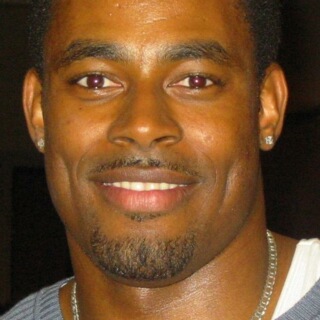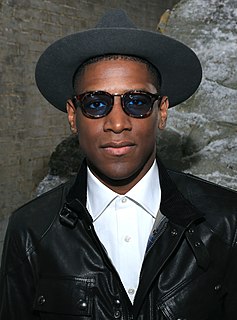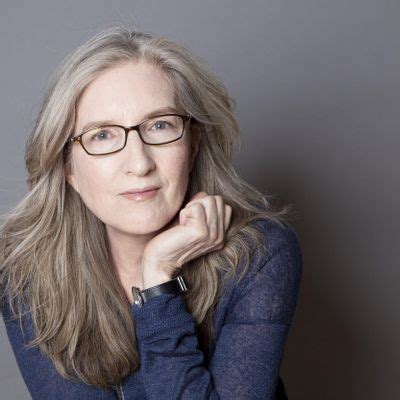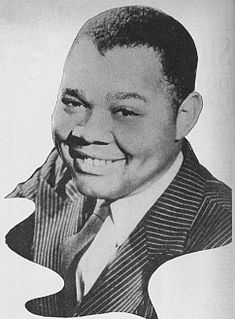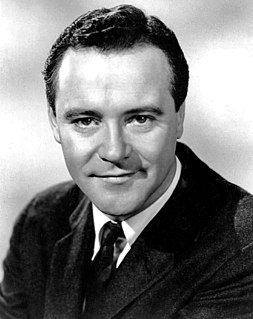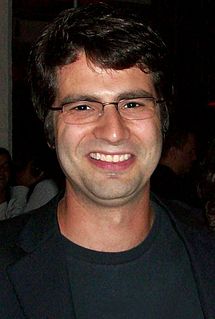A Quote by Tatiana Maslany
As an actor, you're listening to the other person and always trying to be present and take everything they're giving you, but when they're not there you have to produce that yourself.
Related Quotes
As an actor, you're not a person; you're a product, a commodity. It's about money. Your job is about making money for other people. At some point, you learn how to be on the other side of that table. You write, direct, produce, and create opportunity for yourself. Then you start to make money for yourself.
Sometimes it's more generous to take than give, he said. "How?" Caroline asked. "To let the other person give you what he has to offer. If you're always the one giving, you never have to feel disappointed, because you don't expect anything in return. But it's miserly in its own way. Because you never leave yourself open or give the other person a chance.
When I started out as an actor, I thought, Here's what I have to say; how shall I say it? I began to understand that what I do in the scene is not as important as what happens between me and the other person. And listening is what lets it happen. It's almost always the other person who causes you to say what you say next. You don't have to figure out how you'll say it. You have to listen so simply, so innocently, that the other person brings about a change in you that makes you say it and informs the way you say it.
Acting doesn't have anything to do with listening to the words. We never really listen, in general conversation, to what the other person is saying. We listen to what they mean. And what they mean is often quite apart from the words. When you see a scene between two actors that goes really well you can be sure they're not listening to each other - they're feeling what the other person is trying to get at. Know what I mean?
I always think that trying to push yourself as an actor in a direction that you've never been before, developing characters which are more difficult to get into the head of, or are more interesting and further away from yourself, is always a challenge. But, you want to take up that challenge and try your best.
A real love letter is made of insight, understanding, and compassion. Otherwise it's not a love letter. A true love letter can produce a transformation in the other person, and therefore in the world. But before it produces a transformation in the other person, it has to produce a transformation within us. Some letters may take the whole of our lifetime to write.
Sometimes perception is almost more important than the skill level of an actor. And if you give too much away, you have nothing to take for yourself and put onscreen. If people feel like they know you too well, they won't be able to indentify with the character you're trying to portray. Or they'll feel that you're just playing yourself, and then you just become a personality actor. And that's the death of any actor.


